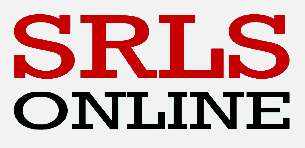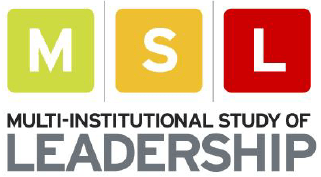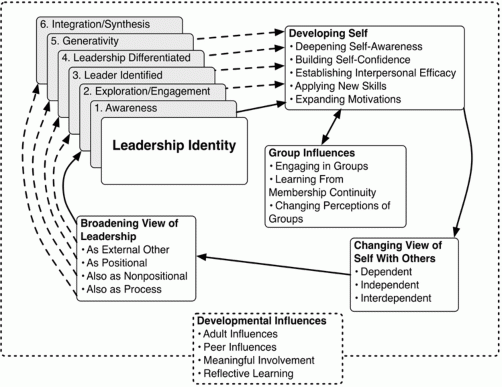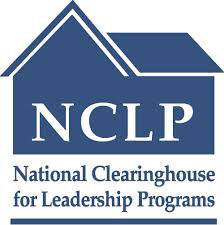Research & Assessment
The following research and assessment tools are sponsored and supported by NCLP and our global network of leadership education scholars, practitioners, and partners. Links to learn more and access the tools are provided below.

SOCIALLY RESPONSIBLE LEADERSHIP SCALE
The Socially Responsible Leadership Scale (SRLS) is an instrument based on the Social Change Model (SCM) of leadership development, and the scale that started what eventually became the Multi-Institutional Study of Leadership (MSL). The SRLS is used for research, assessment, and education to measure and identify leadership capacities. The SRLS online tool is a simple Web-based survey that takes only about 15 minutes to complete. Students are instantly scored on the eight core values of SCM.
The SRLS Online provides the perfect resource for conducting individual and group assessment as well as smaller-scale programmatic or course assessment. If you are interested in conducting larger-scale programmatic or academic assessment or an institution-wide examination of leadership-related outcomes and the factors influencing them, please see more information about the Multi-Institutional Study of Leadership (MSL) further down this page.

MULTI-INSTITUTIONAL STUDY OF LEADERSHIP
The Multi-Institutional Study of Leadership (MSL) is used by over 350 institutions across the globe to conduct campus-wide assessment on the impact of college experiences on a variety of student outcomes, including but not limited to; leadership, belonging, social perspective-taking, hope, resiliency, and social generativity. The MSL provides educators with the tools necessary to make smart investments that reap large returns when it comes to developing leadership capacity in students. The MSL offers a rich set of benefits to help institutions engage in evidence-based practice. Schools have used MSL results to:
- Design new programs and services, including leadership minors and certification programs
- Reorganize departments to meet learning needs
- Justify and increase human and financial resources, including new professional staff positions and additional funding
- Provide evidence of student learning for accreditation and institutional assessment purposes
- Educate the campus community on learning needs and how to positively influence student development

LEADERSHIP IDENTITY DEVELOPMENT
NCLP Founder Dr. Susan Komives, NCLP Faculty Associate Dr. Julie Owen, and their colleagues Drs. Susan Longerbeam, Felicia Mainella, and Laura Osteen engaged in a grounded theory study (2005) to better understand the leadership identity development process of college students. Their research findings led to the development of the Leadership Identity Development (LID) Model (2006). The original work has since been widely applied to leadership learning and development initiatives across institutions. It has also been further explored by leadership educators interested in both extensions of the original theory and the model's applications with diverse identity populations, communities, and contexts. Dr. Julie Owen and colleagues maintain a comprehensive listing of the scholarship that extends and applies the LID theory and model, made available here to the leadership education community via the National Clearinghouse for Leadership Programs.

CAS STANDARDS FOR LEADERSHIP EDUCATION & DEVELOPMENT
The Council for the Advancement of Standards (CAS) in Higher Education has developed 45 sets of functional area standards for higher education programs and services, including standards for "Leadership Education & Development." CAS reviews and updates the standards regularly, with the support of expert scholars and practitioners representing the major professional associations in Higher Education. CAS provides accompanying self-assessment guides (SAGs) for each of the functional area standards. The SAG structure and rating scale provide individuals and institutions with means for for program assessment and review. NCLP partners with CAS to review and update the Leadership Education & Development Standards, and our members are eligible to receive a complimentary copy. Please reach out to us at nclp@umd.edu for details.
